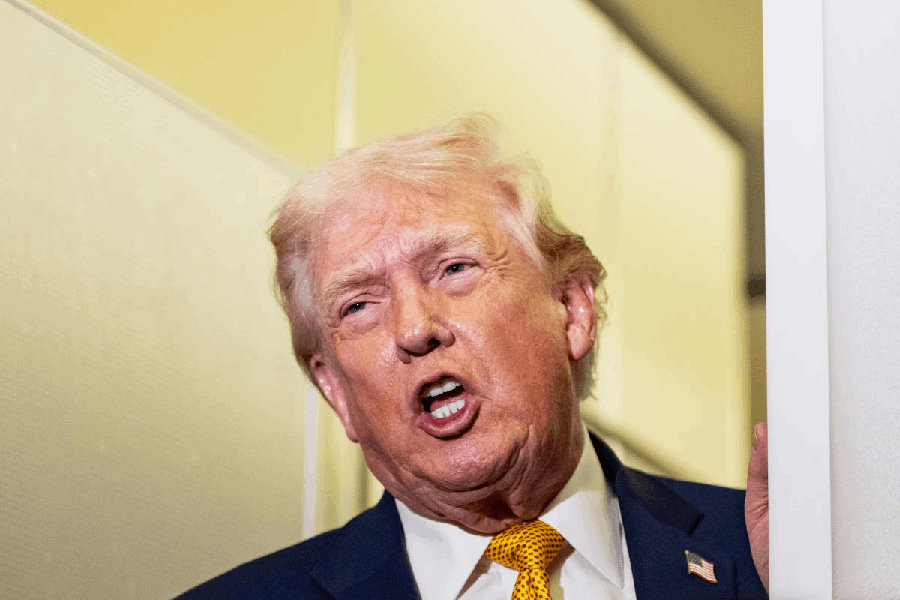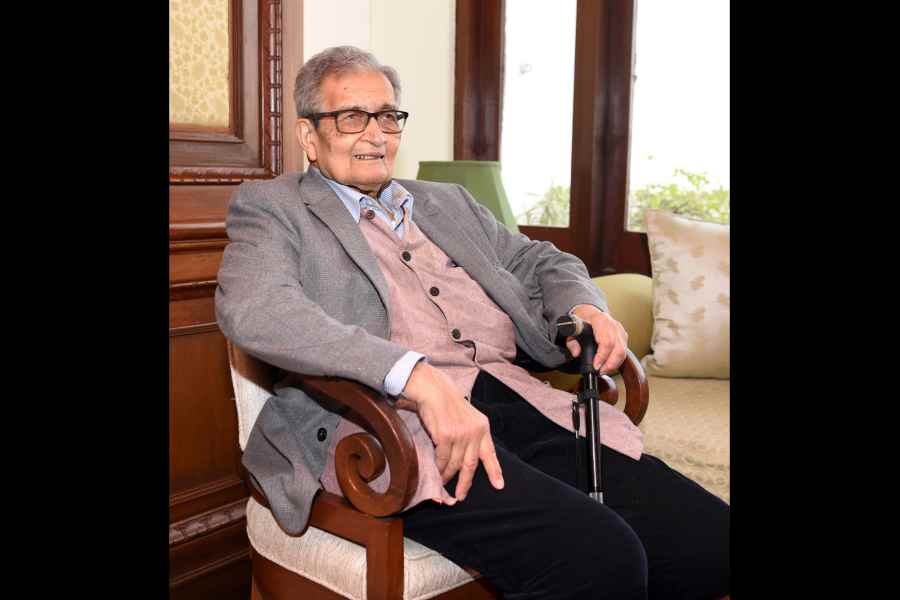A nanny State simply cannot get enough of treating its citizens like children. It does not want them to grow up and learn to make adult choices. The Narendra Modi government is at grave risk of turning into one and the latest evidence of this became apparent when it amended its allocation of business rules and decided almost overnight to bring digital and online media — films and other audio visual programmes as well as news and current affairs — within the ambit of the information and broadcasting ministry instead of the ministry of electronics and information technology where it originally resided. The move has already sparked howls of protest from free speech advocates amid fears that this marks the first step towards an oppressive regulation of the digital space. There are, of course, a number people who believe that some sort of regulation is necessary. They contend that if print and television media are subject to oversight, then there ought to be similar restrictions on digital content providers as well. The internet has evolved in a different era from the two traditional forms of media that have been subject to regulations distilled from colonial-era legislation. The internet was conceived in an almost utopian dream and its early evangelists had passionately hoped that it would stay outside the scope of governmental oversight. The original dream has long since evaporated but the fight against regulation of any kind continues with varying degrees of success depending on the level of personal freedoms that the authorities in different jurisdictions are willing to concede.
The big worry is that India is getting ready to regulate the internet in a tyrannical fashion, mimicking countries like China as well as the Arab world by devising regulations founded on an adamantine code of morality and a desire to muzzle free speech on the basis of elastic definitions of national security and public interest and a whimsical determination of what is considered odious. Barely two months ago, the telecom regulator, which comes under the MeITY, had recommended that OTT services ought not to be regulated after a five-year long debate on the subject. Some countries like Singapore, for instance, have developed a digital content code that requires programmes to be secular and specifies a six-rating classification for films on the web with an age verification mechanism for content deemed to be appropriate for those above 21. No one will argue against the spirit of such a code if India were to adopt it. But one suspects it will go beyond movies and creative expression and enter the realm of news and commentary. News in the digital world is seen very differently from the structured framework of traditional news publications and the regulations, if and when they are framed, will need to define it. It is not clear whether these rules will cover influencers, bloggers and anyone ranting on Twitter and Facebook. The Code of Criminal Procedure, 1973, and the Information Technology Act, 2004 have sufficient provisions to ensure that OTT providers do not step out of line.
The latest move also signals that Mr Modi’s government has no faith in the code of self regulation that 15 OTT platforms had agreed to sign in September. There is a lack of trust on both sides — and this will raise deeper questions about the intent behind any regulatory code that the government devises.










